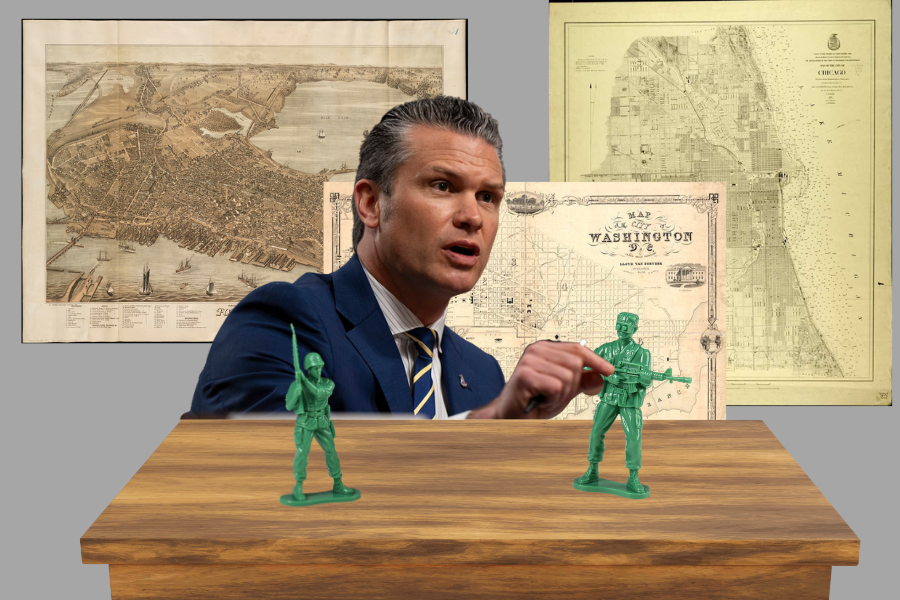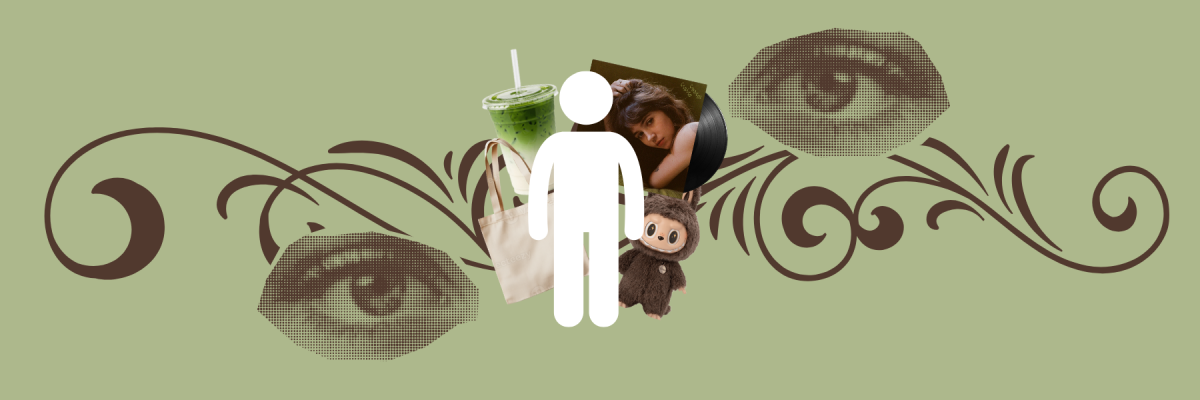Picture this: you’re sitting in a lecture wondering what on Earth the professor had just explained. They conclude, look up at the class and ask, “Does anyone have any questions?”
You look around the room anxiously waiting for someone to raise their hand, hoping that they either ask what you were thinking or, at worst, at least you’re not the only one who doesn’t understand what’s going on.
Of course, everyone else in the room is thinking the same thing. And so all hands stay down, and all questions remain unanswered.
This is an unfortunate thing, really, because the question you had ended up being on your next exam, and you had no clue how to answer it.
In the classroom — and in everyday life — there is a stigma around asking questions. Maybe you don’t want to seem unintelligent or as though you weren’t paying attention, or you don’t want to feel judged by your peers, or worse, by your professor. Or perhaps it has nothing to do with other people, and rather it’s the fact that you don’t want to accept the fact that you don’t know something.
For me, it used to be the latter.
Growing up, I was always in advanced classes. In elementary school, it was the “gifted” program, in middle school it was honors classes and in high school I did the IB Diploma Programme. Everyone was “supposed to know what was going on” all of the time, and I even had teachers that got upset when we asked questions because they thought that meant that we weren’t paying attention.
Looking back on it, not asking questions in high school was detrimental. It wasn’t a hindrance to my grades in the grand scheme of things, but it was much more difficult to obtain a solid understanding of some of the more challenging classes I took, like IB Physics HL, for example.
I was stuck in the mindset that if I asked a question, I was, in some weird way, admitting to myself that I wasn’t capable of taking the class (which, if my grade is any proof, I was capable of taking it). I thought that I should know everything, even if there was only a very brief explanation of it. And when I didn’t understand something, I convinced myself that I understood it enough and that whatever knowledge I had would have to suffice.
All of this is to say that I wish I would have asked more questions.
I’m in the process of teaching myself how to ask questions and changing my mindset to realize that asking questions isn’t “admitting failure,” but rather showing an initiative to gain the most from classes and have the greatest amount of knowledge possible.
If you don’t ask questions, how are you supposed to learn things? You are able to find out the answer to one thing and it raises questions about another, and the cycle continues until you have a greater knowledge and understanding of your original question.
Asking a question can be as simple as doing a google search and looking for credible sources with the information you’re looking for. And if you’re still scared to raise your hand in class, write your question down and send it to your professor. Any question is a good question, especially if you gain something from it.
In my experience, asking questions can also improve critical thinking and innovative ideas. If you’re asking questions, chances are you’re absorbing more information which can lead to deeper inquiries about topics you may be interested in, and in turn, may lead you to create your own new idea or opinion on something. After all, scientists would never get anywhere without asking questions about how things work.
Not only does asking questions help you, but answering them helps as well. If people asked you more questions, say about an opinion you had, it is likely that you realize flaws in your arguments or think of points to strengthen them. Regardless, you’re still learning something about the topic on which you’re speaking, and learning something new is almost always a good thing.
So next time you have a question, make sure to raise your hand, go to office hours or send your professor an email, and next time someone asks you a question, don’t just shrug it off and say, “I don’t know.” Think about why you’re saying what you’re saying, and see if you can gain anything new from it.







